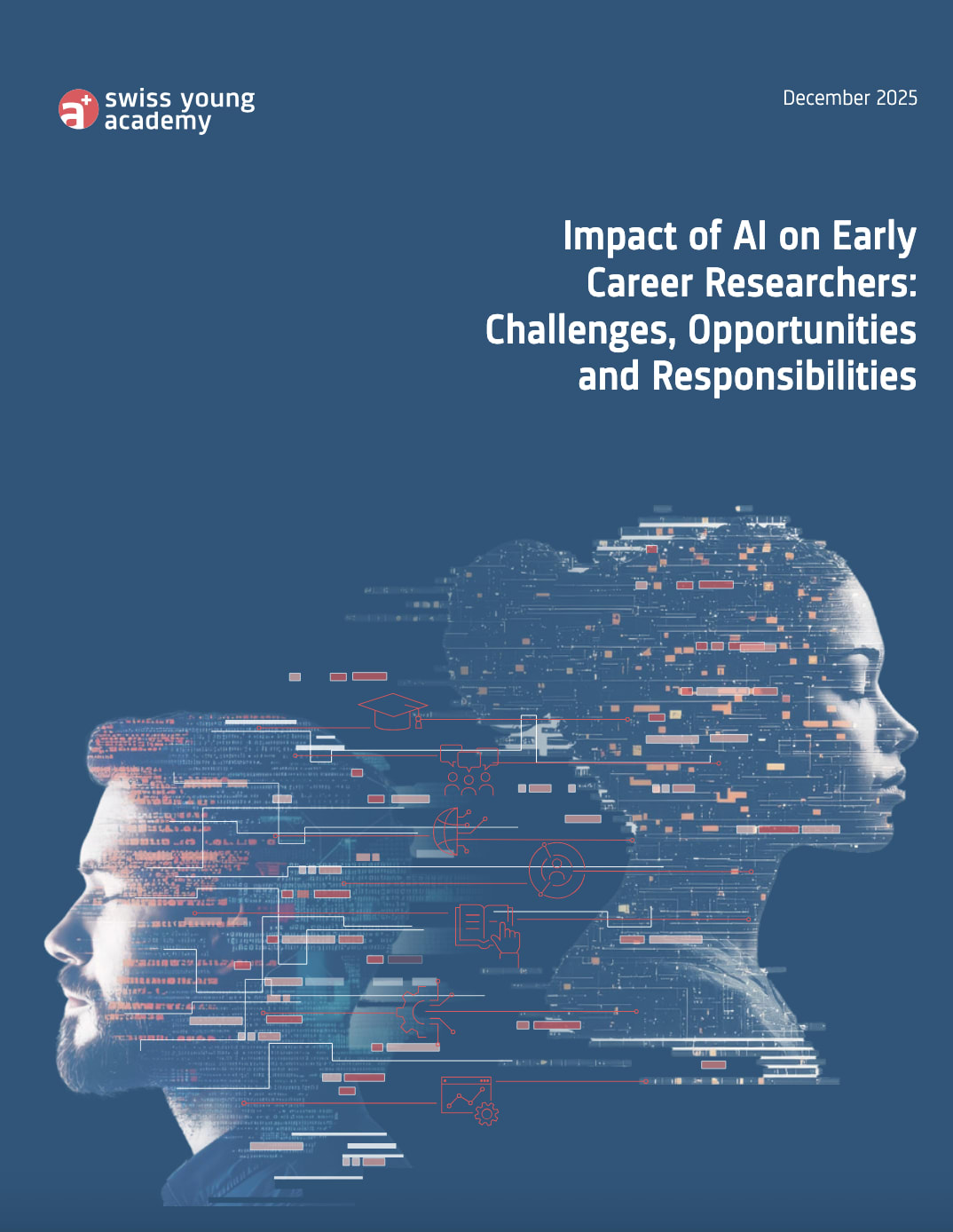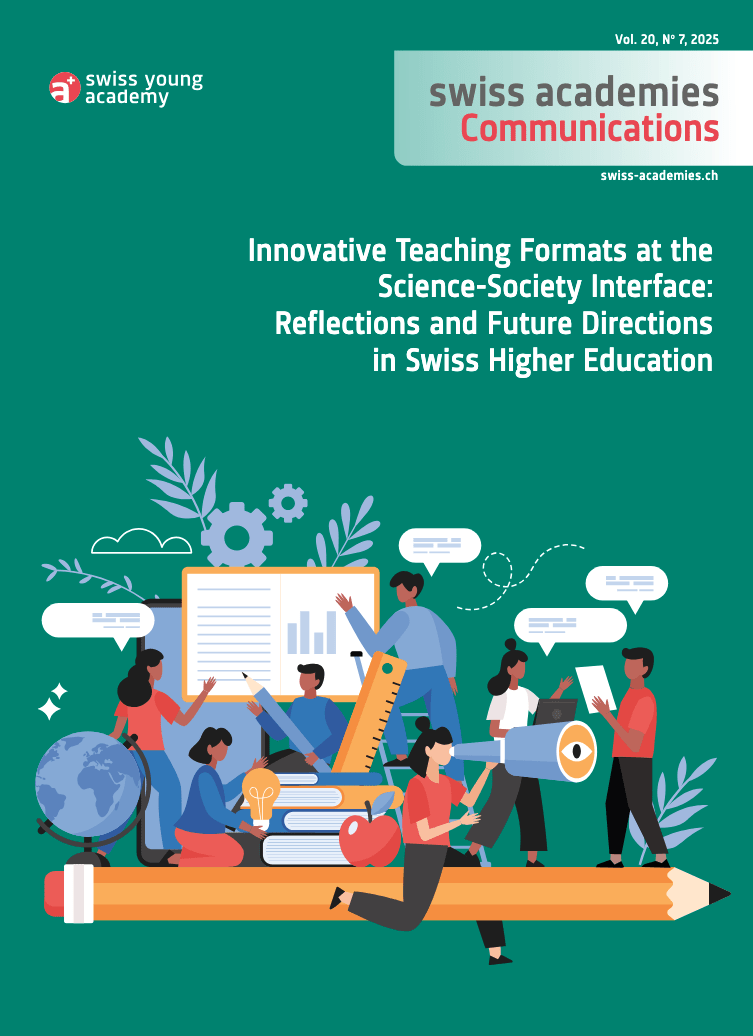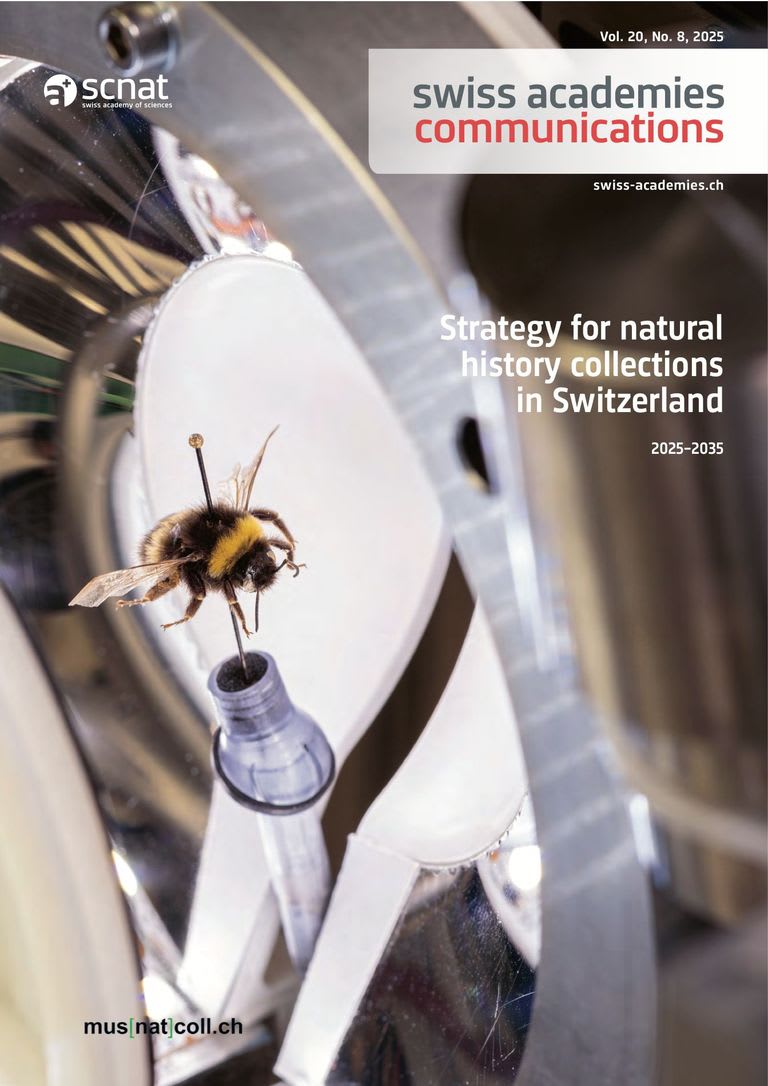Swiss Academy of Medical Sciences SAMS
Reibungslose Übergänge zwischen klinischer Forschung und Praxis
Eine Kernaufgabe der Implementierungswissenschaft ist die Übertragung von Erkenntnissen aus der klinischen Forschung in die Versorgungspraxis. Dazu gehört auch die Evaluation des Implementierungserfolgs, der sich letztlich am nachgewiesenen gesellschaftlichen Nutzen misst. Das übergeordnete Ziel besteht darin, die Wirksamkeit von Gesundheitsdienstleistungen konstant zu verbessern.
Insbesondere im angelsächsischen Raum hat sich die neue Disziplin im Lauf der vergangenen zehn bis fünfzehn Jahre gut etabliert. In der Schweiz steckt sie noch in den Kinderschuhen. Ein Meilenstein war die Gründung des Swiss Implementation Science Network (IMPACT) am Institut für Pflegewissenschaft der Universität Basel 2019. Um zur Bekanntmachung beizutragen, hat die SAMW die Wissenschaftsjournalistin Lucienne Rey beauftragt, zwei Jahre später die erste internationale Konferenz von IMPACT zu begleiten und die Kernbotschaften in einem Bericht festzuhalten.
Schweizerische Akademie der Medizinischen Wissenschaften (SAMW) (2022)
Reibungslose Übergänge zwischen klinischer Forschung und Praxis. Bericht der SAMW über die Vortragsreihe des Schweizer Netzwerks für Implementierungswissenschaft IMPACT.
Swiss Academies Communications 17 (10).




